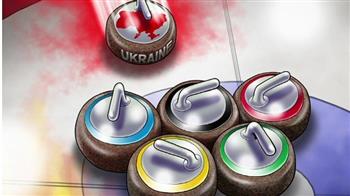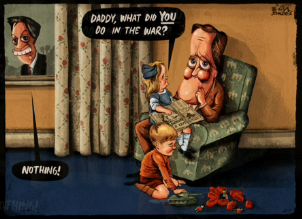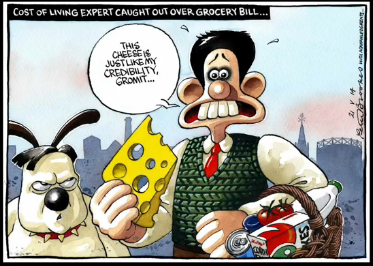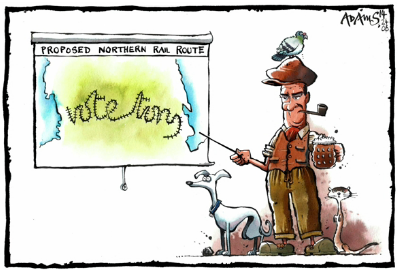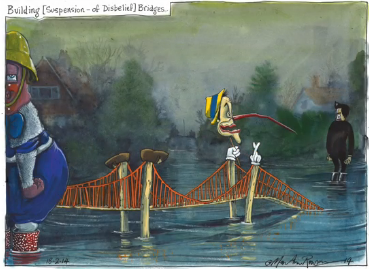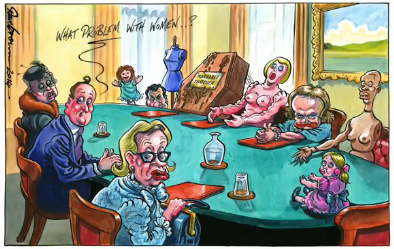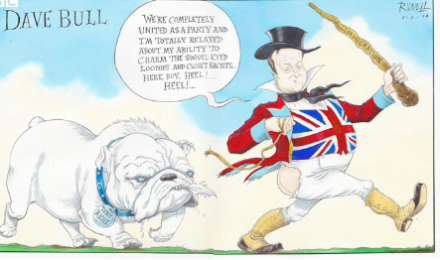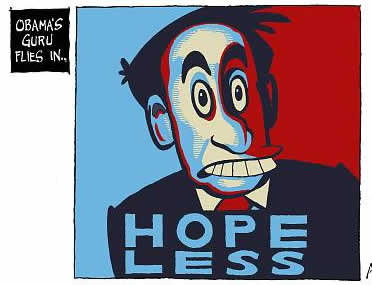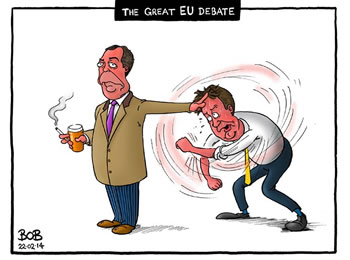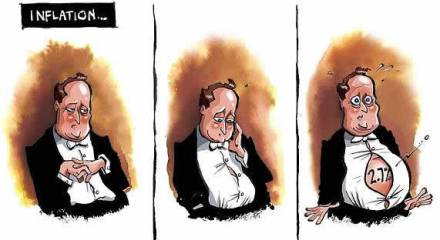I purchase stuff from Amazon a few times a year. If I had more cash burning a hole in my pocket I’d probably buy more from the online behemoth as they often have the cheapest prices around. Before I make any purchase I do tend to research quite a lot about the item to make sure I’m buying the right thing for me. Amazon reviews can be very useful in this research, but I do wish they would overhaul the review system. I understand this would be a major upheaval considering all current reviews are authored under the current dynamic of a 5 star system and a more detailed written opinion.
The problem is that reviewers seem to have differing ideas of what they are reviewing. This is especially true of media products. Some people review the product itself; the quality, value or packaging. Others review the content and if they enjoyed the movie/book/TV series etc. Still others review the service, and will often give harsh ratings if their parcel was late or mis-delivered. This is further complicated by Amazon marketplace where buyers will be reviewing the service of a 3rd party retailer.
As Amazon is such a popular online store the review problems are somewhat mitigated by the sheer number of ratings allowing the best products to rise to the top. Products with only a few ratings can be skewed in a direction that isn’t a true reflection of the item itself however. Many written reviews on Amazon are actually pretty good and contain useful information, with their authors probably taking an average of all the considerations mentioned previously. Amazon also seem pretty good at weeding out spam and fake reviews, which is incredibly useful. I do wish that all reviewer’s thoughts and ideas were corralled in a more structured way though. If an item has hundreds of reviews and the star rating can’t be fully trusted it’s something of a chore to have to read them all to get a true overview of the product.
Political Cartoons
In Getting Even, Woody Allen’s collection of very funny essays, he describes his inability to enjoy or understand mime artists and his incomprehension of how anyone could find them entertaining. I’d agree with this and put them, along with clowns, in the same category of vaguely sinister mutes.
Another cultural phenomena that I fail to understand or find remotely amusing is the political cartoon, which to continue the theme I think of as the jester; a snarky, talkative clown making fun of the great and good. In years past the nobility employed jesters to criticise them and their household, presumably because they were pompous toffs with no self-reflexivity. In recent times I have to believe that only politicians find political cartoons amusing and secretly enjoy seeing themselves ribbed. In the same way you might get a caricature done of yourself at the seaside and chuckle at how you’re drawn with a big nose and teeth playing a guitar like a cello because you mentioned you were in a band. It would seem to be quite a solipsism to imagine anyone else would enjoy the picture in the same way you did as you gaze at the crooked mirror on the page.
If political cartoons only resonated with politicians that would be fine if they actually pricked their consciences or had anything profound or edgy to say, but they don’t. They’re all uniformly anodyne.
Here’s a few cartoons that were voted some of the best from last year. Remember, the best.
I would put copyright and artist information on the pictures, but I wouldn’t want to shame them. They’re lucky I’m stealing them to be honest. Am I missing something? Is there some subversive comedic genius lurking in there that I’m unable to tap into? Or are they just obvious and quite tepid ‘jokes’ made into a picture.
.
Satire is a lesson, parody is a game
This is a quote by Nabokov in a 1967 interview when asked if there was a distinction between them and why he preferred the term parody. Nabokov also stated in a 1964 interview with Playboy magazine:
“I have neither the intent nor the temperament of a moral or social satirist”
This explains why he disliked Orwell’s 1984, which he viewed as too didactic. It is true that there is a paradoxical area when satire of totalitarianism could become too preachy or partisan, and is in danger of telling you what to think. Parody however is an equal opportunities offender, even leading to the concept of self-parody. Personally I think Nabokov was rather harsh on Orwell, who I think was an important writer. Often an instructional viewpoint is needed to break through the apathetic layer of varying thicknesses we all cover ourselves in. Nabokov was probably being coy about his use of satire also. If you overtly declare your work as satirical it leads the reader to assume you are putting forth a specific political or social opinion, whereas Nabokov preferred the reader to be unburdened from the authors proclivities. In any event, it was Orwell’s 1984 that resonated in popular culture more than Nabokov’s Bend Sinister or Invitation To A Beheading (which, at risk of stating a truism, might be too funny to be taken seriously. There are certain passages Lewis Carroll would have been proud of)
I had been thinking recently about the differences between different approaches to satire on TV. For me there are variances but I found them hard to pin down beyond this is/isn’t funny, which is purely subjective. Nabokov’s thoughts on satire and parody seem to inform on the topic.
When watching US satire, like the Daily Show, the feeling I got was that it is very earnest and from a particular political viewpoint. The lack of right-wing or even conservative satirical voices seems to be the political right’s own fault, as many of those voices are a screeching incoherence. Stephen Colbert is a master satirist and often does poke fun at the left under the guise of a right-wing firebrand, but mostly his outrage makes fun of his own constructed persona . It’s a shame though because as a leftie liberal I don’t want just my own opinions reflected back at me offering no challenge. The informational content in satire presented in a journalistic context addressed directly at the audience is in danger of being didactic and the satire lapsing into sarcasm. On the other hand serious issues can be addressed in this format and a single clear voice on a topic can illuminate and inform.
This probably follows from the US taking its politics, or at least the political process, more seriously than the British. A part of the American dream is that ordinary Joe can one day make it to be president. There is no British analog to this, largely due to class cynicism and the PM being seen as the ultimate political wonk. When Americans see a broken political system they expect better and demand to know what fool was in charge, whereas the British see the whole political caste as fools and expect nothing better. The US satirists have distrust and the Brits have, not exactly apathy, but sometimes flippancy. These are big generalisations, anyway there’s more.
Currently on British TV what is termed satire is usually on game shows with a quiz format. These shows sometimes degrade into banter and a competition of who can get their voice heard or shoehorn in a part of their standup act. The serious content is often lost and your thoughts on any issue come down to who the funniest comedian on the panel is. The most popular show is Have I Got News For You, which has regular panel of a conservative satirist (small c) and a surreal improvisational comic. There is a strong root of surrealness in British satire, which could be more accurately termed parody (?). Even in groundbreaking shows like Spitting Image, The Day Today and Brass Eye there’s a sense of absurd spoofing and bizarreness, which aligns closer to parody than satire.
Commentators in the UK have often lamented at the lack of anger in British satire, probably due to lapses into silliness and light-mindedness. A strength of this approach however is that it’s nonpartisan; everyone, of any political stripe is open to mockery.
There are numerous other avenues for satire and parody of course other than TV, including standup comedians, newspapers, magazines, websites etc. I chose TV because it has a wide audience of viewers with general interests. As the lines blur between how media is broadcast and consumed maybe different satirical formats will be created and new voices heard by a general audience that hasn’t specifically sought out that content. In the meantime does British parody need more satire, and US satire need more parody? Do we Brits need to take back Orwell and Americans embrace their inner Nabokov?
These are questions dependent on my earlier hypotheses, which are probably wrong, so take them as rhetorical.
